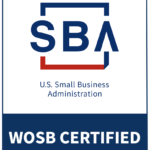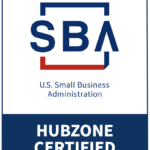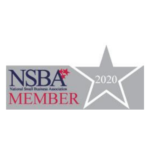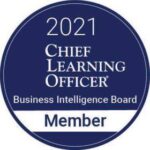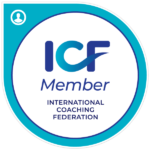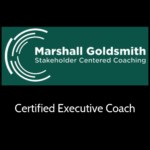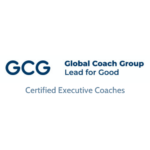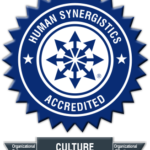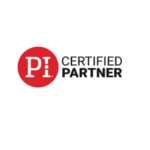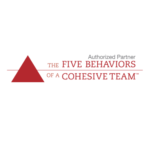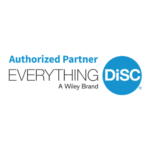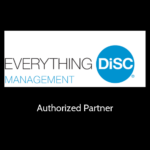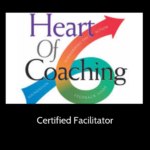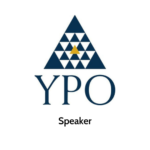ASSESSMENTS
Assessments are critical to modern organizations seeking competitive advantage.
Integration of data-driven talent strategies and effective assessment tools and processes into talent management practices across the employee life cycle delivers measurable ROI by improving hiring quality, enhancing employee learning and development, boosting employee engagement, productivity and performance, and reducing turnover and costs.
The choice of assessments must align with the goals, needs, and organizational context.
- Pre-employment Testing
- Organizational Effectiveness Assessment
- Ideal Culture Inventory
- Culture and Climate Inventory
- Culture Fit Assessment
- Cultural Intelligence Assessment
- Change Readiness Assessment
- Competency Framework and Assessment
- Skills Gap Analysis
- Career Pathing
- 360 Degree Assessment
- Executive Functioning Test
- Leadership Effectiveness Assessment
- Management Effectiveness Assessment
- Team Performance Assessment
- Personality Assessment
- Strengths-based Assessment
- Cognitive Assessment
- Behavioral Assessment
- Communication Intelligence Assessment
- Goal-Setting and Motivation Assessment
- Stress and Well-Being Assessment
- Innovation and Creativity Assessment
- Emotional Intelligence Assessment
- Conflict Style Inventory
- Time Management Assessment
- Engagement Survey
- Exit Survey
- Stay Interview
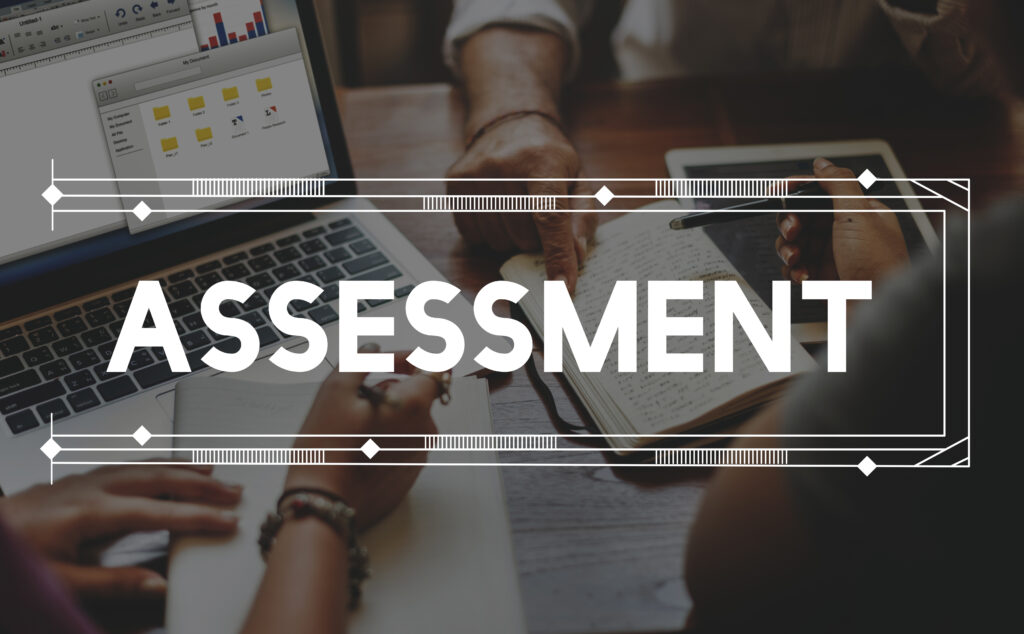
The use of assessments in talent management brings significant benefits for employees, teams, leaders, and organizations.
KEY BENEFITS
- Ensures alignment, engagement, and retention of top talent.
- Quantifies the organization’s ideal culture, its current culture, and the levers for change that bridge the gap.
- Builds team synergy, collaboration, effectiveness, and productivity.
- Quantifies individual contributors’ thinking and behavioral styles.
- Enhances leadership effectiveness.
- Provides objective data that reduces bias and improves accuracy and efficiency, while building and strengthening positive behaviors, skills and competencies.
- Improves hiring outcomes and increase likelihood of firing candidates who are aligned to company values and mission, and well suited for the roles and responsibilities of the job.
- Enhances employee learning and development for improvement and growth opportunities.
- Alignment with organizational mission, vision, values, and strategy.
- And more!


